Like all simulations, films and the filmmaking industry have the inherent potential to simulate itself, almost endlessly. Indeed, since the dawn of the cinema business, the mere idea of a movie opens up a world unto itself, rife for reflection, reference, and application. As such, as the decades draw on, an entire sub-genre of films has sprung forth that examines the very idea of the simulated image. Among such films, there are some movies about making movies that are the best.
Be it an exploration of the early nascent dreams of imagination that lead young people into creating their own movies, a portrayal of the unique life on the set of a movie being made, or the consequences of lives lived within the silver screen, some of the most fascinating movies are the ones that turn the camera on themselves. In this article, we will explore 20 of the best movies about making movies.
To compile a list of the best movies about making movies, 24/7 Tempo consulted a range of entertainment and filmmaking publications including Hollywood Insider. Next, we selected a range of movies from different genres and eras. After that, we confirmed specific information about the movies using IMDb and Rotten Tomatoes. (For movies that caused serious discussion upon release, discover 15 movies that ignited fierce outrage and debate.)
“Sunset Boulevard” (1950)
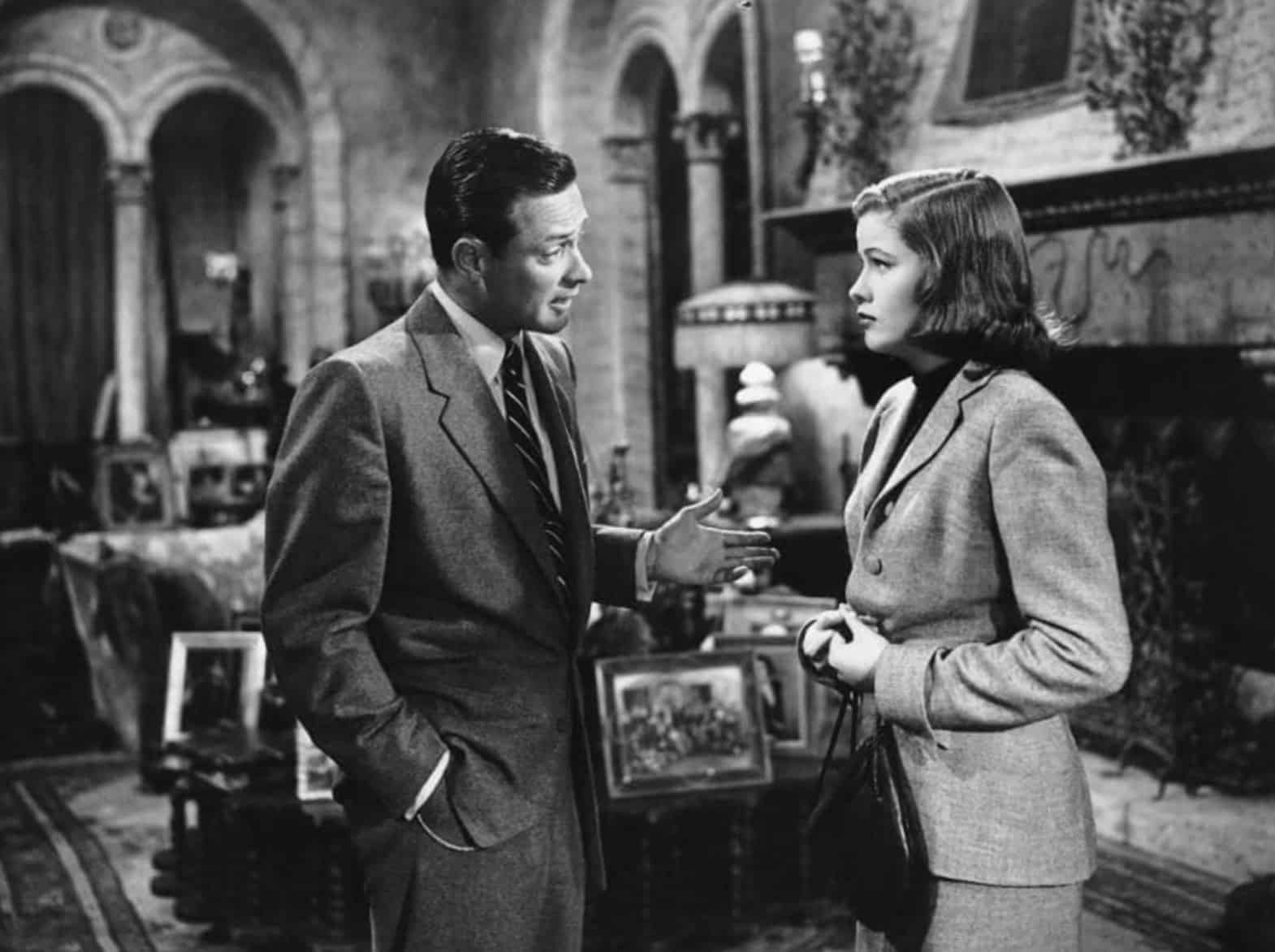
A faded starlet refuses to accept she is past her prime. To combat these feelings, she hires a screenwriter to prime her for a movie comeback. The screenwriter thinks he can manipulate the starlet into doing his bidding, but he is sorely mistaken. Soon his two-faced approach and her unwillingness to let go leads to madness, despair, and death.
One of the first great satires of the Hollywood machine, “Sunset Boulevard” captures something of the ghosts that haunt the movie lots. It’s a disturbing yet compelling character study of the depravity, depression, and inherent strangeness that lies behind lives lived at the mercy of the silver screen.
“Adaptation” (2002)
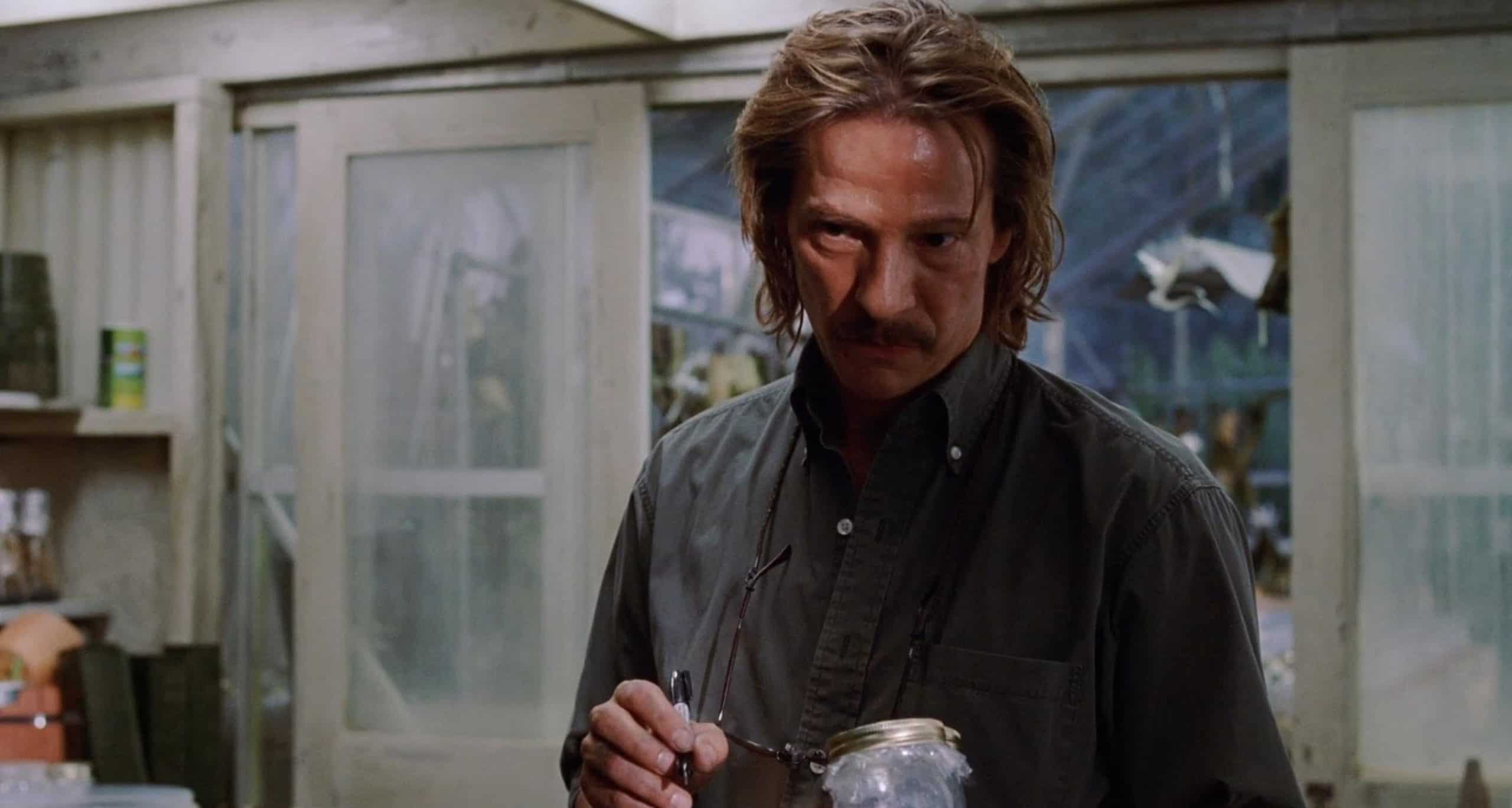
“Adaptation” focuses on Charlie Kaufman, a perpetually-in-crisis Hollywood screenwriter, and his freeloading, aspiring screenwriter older brother. When Kaufman is tasked with adapting the novel “The Orchid Thief” for the screen, his life and that of the book’s author become increasingly intertwined.
A strange, referential picture, if it was in any other filmmaker’s hands but Spike Jonze, the movie would have gone off the rails. It holds together, however, resulting in an absurd yet delightful look at the movie-making process. It’s arguably one of the best movies about making movies due to how excited it makes audiences about the filmmaking process.
“Ed Wood” (1994)
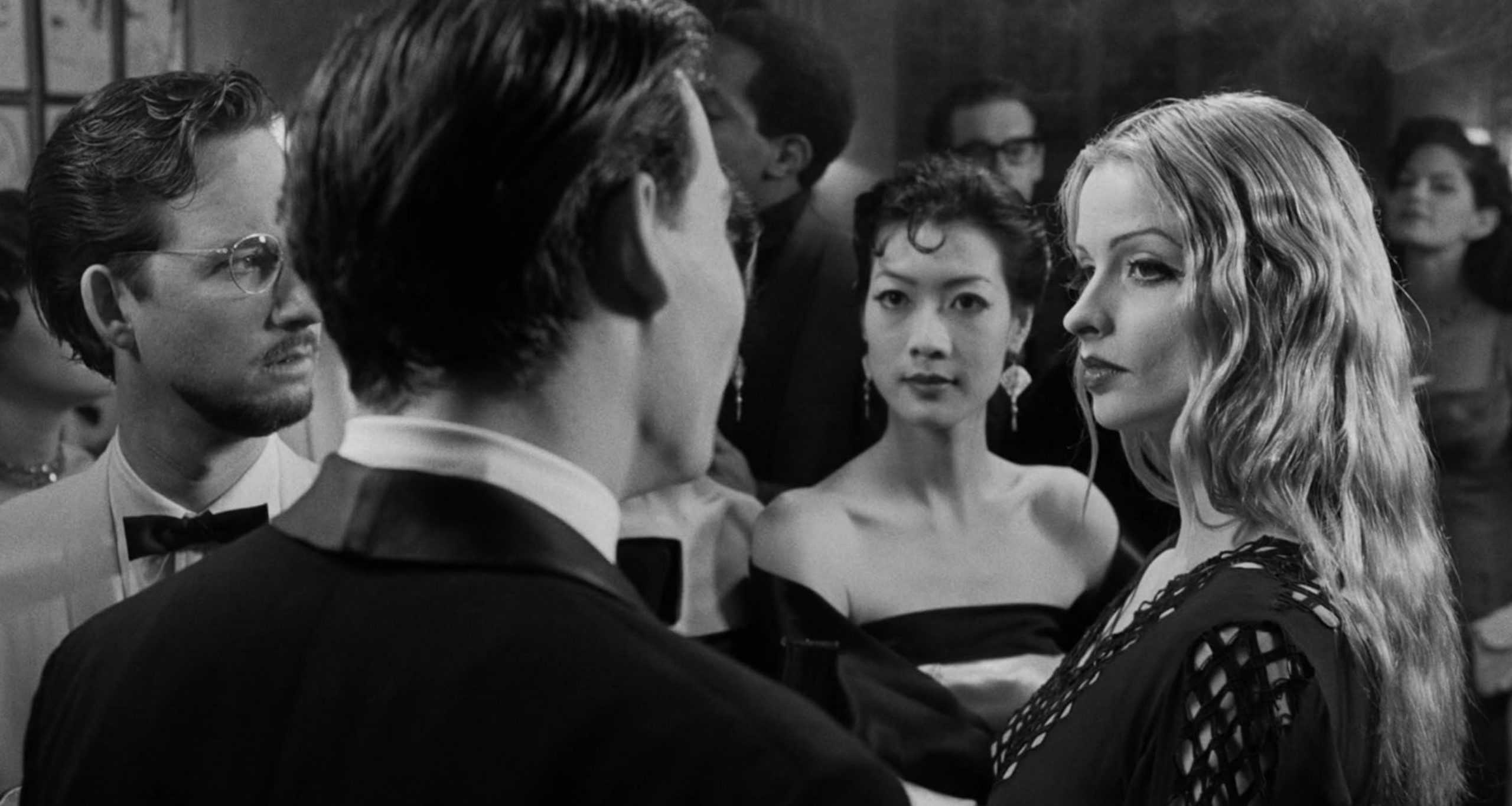
Director Ed Wood is a Hollywood pariah. Alienated from the industry due to his eccentric habits and even stranger films, Wood turns to his friends. A ragtag group of actors including Bella Lugosi, however, believe in Wood’s strange vision and help bring his ideas to cinematic life.
Based on the real-life director Ed Wood, the film is one of the best movies about making movies because it’s willing to celebrate the creative pursuit at all costs. Its characters are strange, perhaps even pathetic, yet “Ed Wood” turns its ludicrous narrative into a sublime gem of movie-making.
“The Artist” (2011)
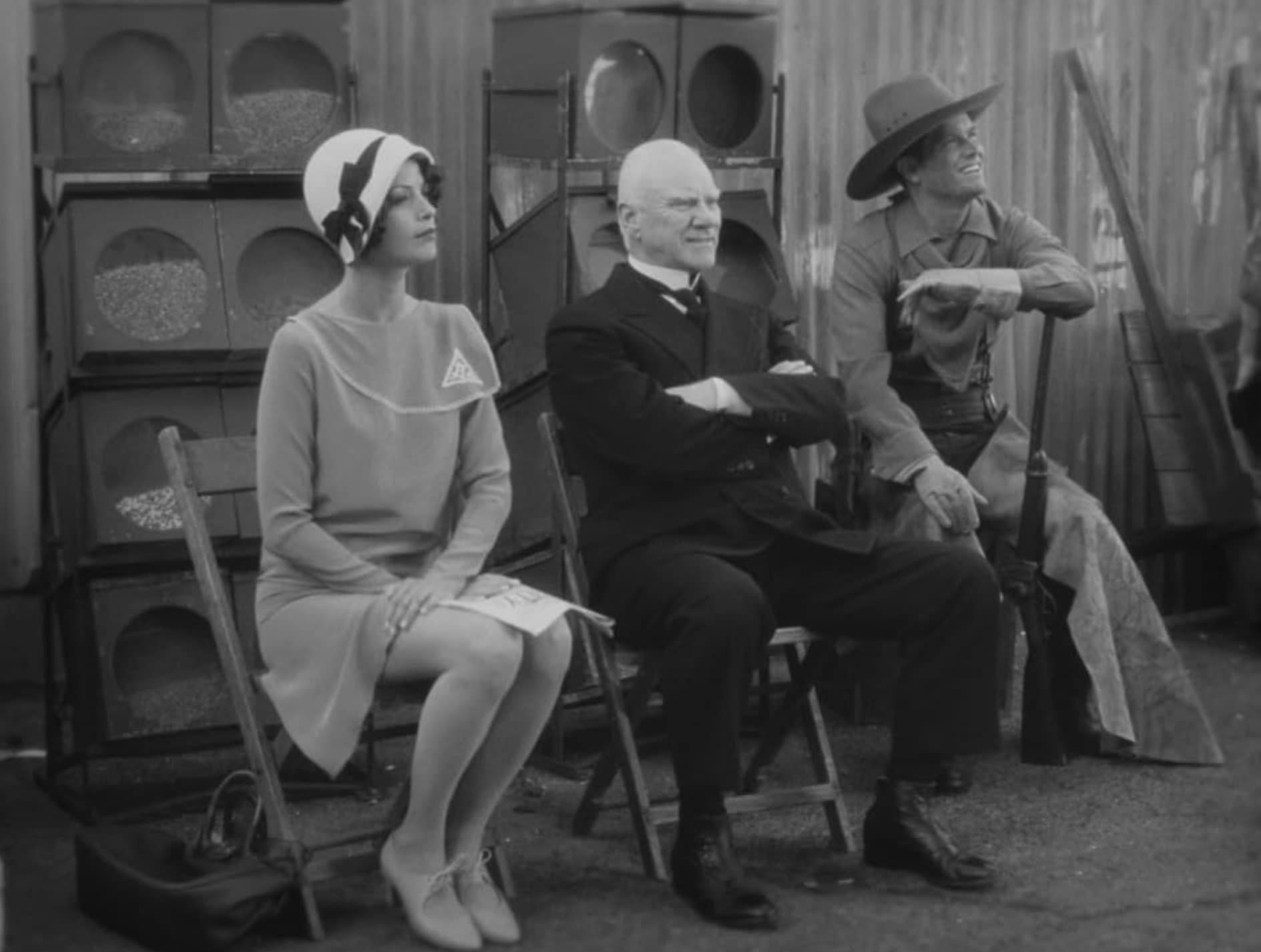
It’s the 1920s, and actor George Valentin is a certified star of the silent pictures. While on set for his newest movie, he falls in love with the beguiling actress Peppy Miller, and the feeling is mutual. The problem is, George is married, and is hesitant to cheat on his wife. As the advent of talking movies rises, so does Miller’s career, which further alienates these potential lovers.
One of the best movies about making movies, “The Artist” transports the viewer back in time to a different, yet no less glamorous era of Hollywood. It uses its obsession with the film industry to its advantage, however, using old-school movie techniques to tell a story of grace, joy, and the beauty of art.
“8 1/2” (1963)
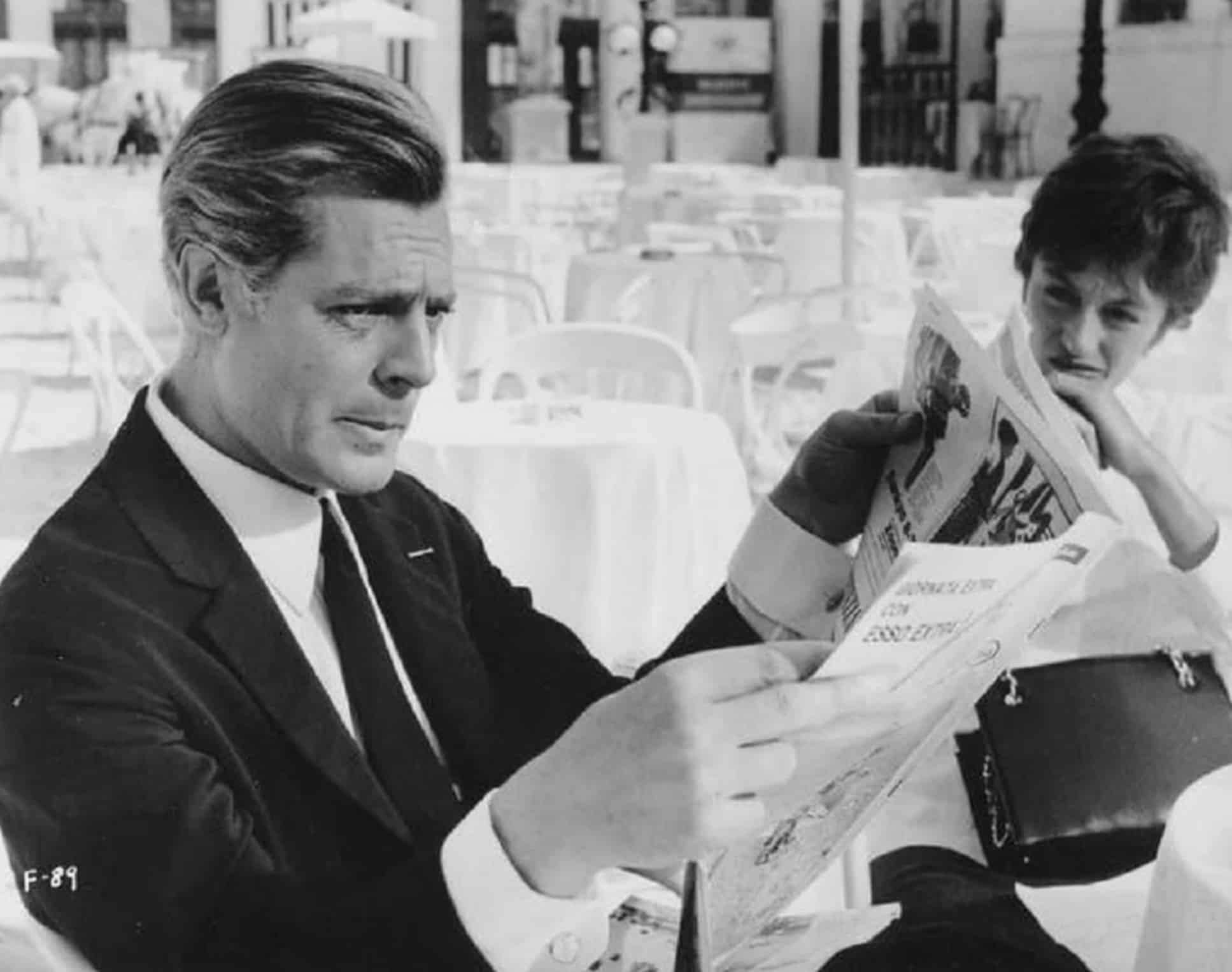
Guido Anselmi is a filmmaker who struggles to get his new picture off the ground. Troubled by life, and beset by the past, Anselmi instead retreats into his mind. There, he replays the memories that made him who he is. In sorting out these entanglements of memory, Anselmi’s new movie becomes increasingly biographical.
One of the greatest movies of all time and one of the best movies about movie making, Federico Fellini’s 8 1/2 is a triumph. A potent mix of fantasy and reality, the movie pulls the viewer in with an indescribable compellingness. It’s beautiful and artistic and shows just how welcoming a little self-indulgence and self-reflection can be if portrayed properly.
“Boogie Nights” (1997)
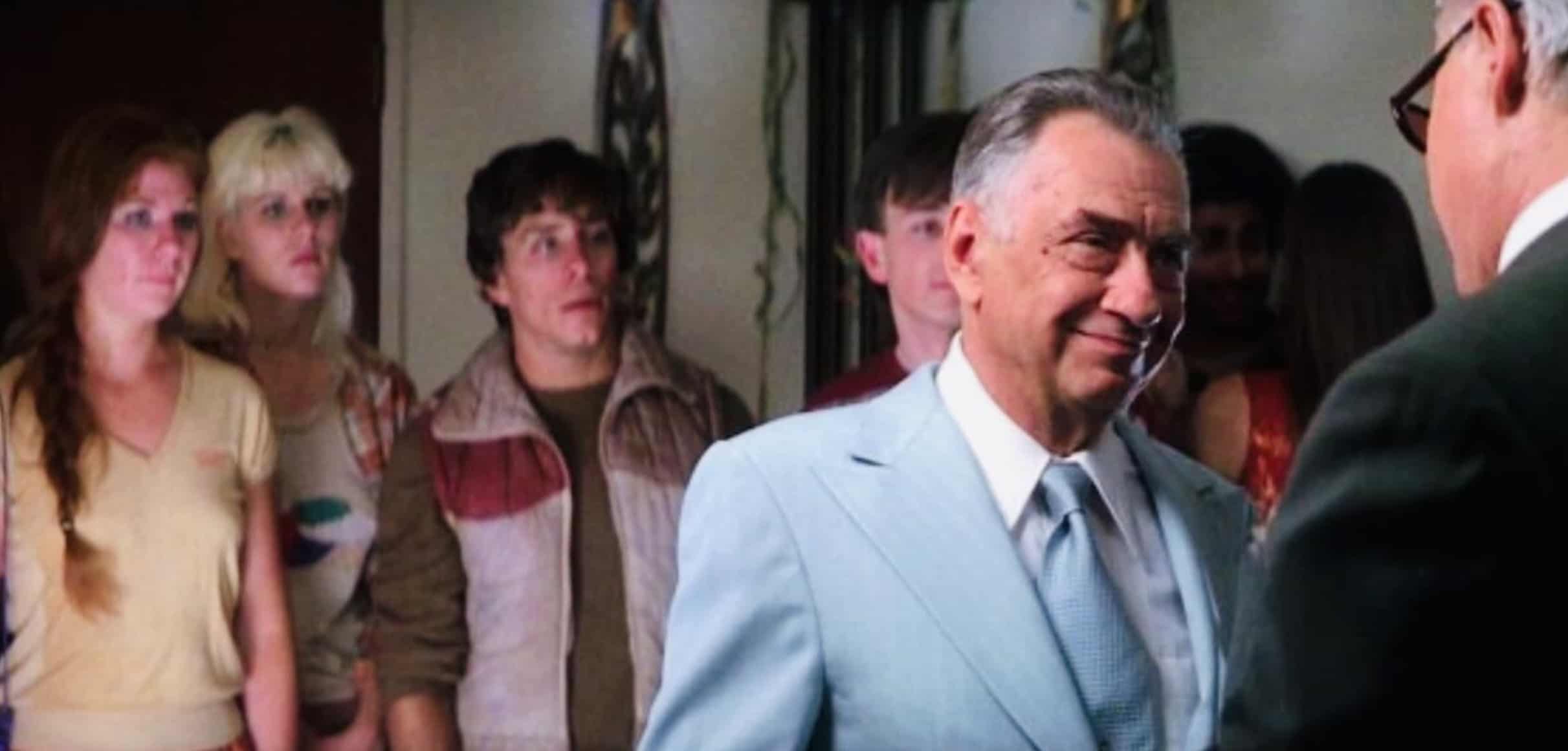
It’s 1977 in the San Fernando Valley and a busboy without many prospects is scouted by a pornographic filmmaker due to his outsized appendage. Refashioning himself as Dirk Diggler, the former busboy becomes one of the porn industry’s biggest stars. The good life, however, quickly spirals into a dark tale of drug addiction, depravity, and megalomania.
A breakout film for director Paul Thomas Anderson, “Boogie Nights” is one of the best movies about movie making, even if it’s in a less family-appropriate setting. It’s a tale of excess, pleasure, and pain, propelled forward by an all-star cast and Anderson’s measured yet entertaining direction.
“The Kid Stays in the Picture” (2002)
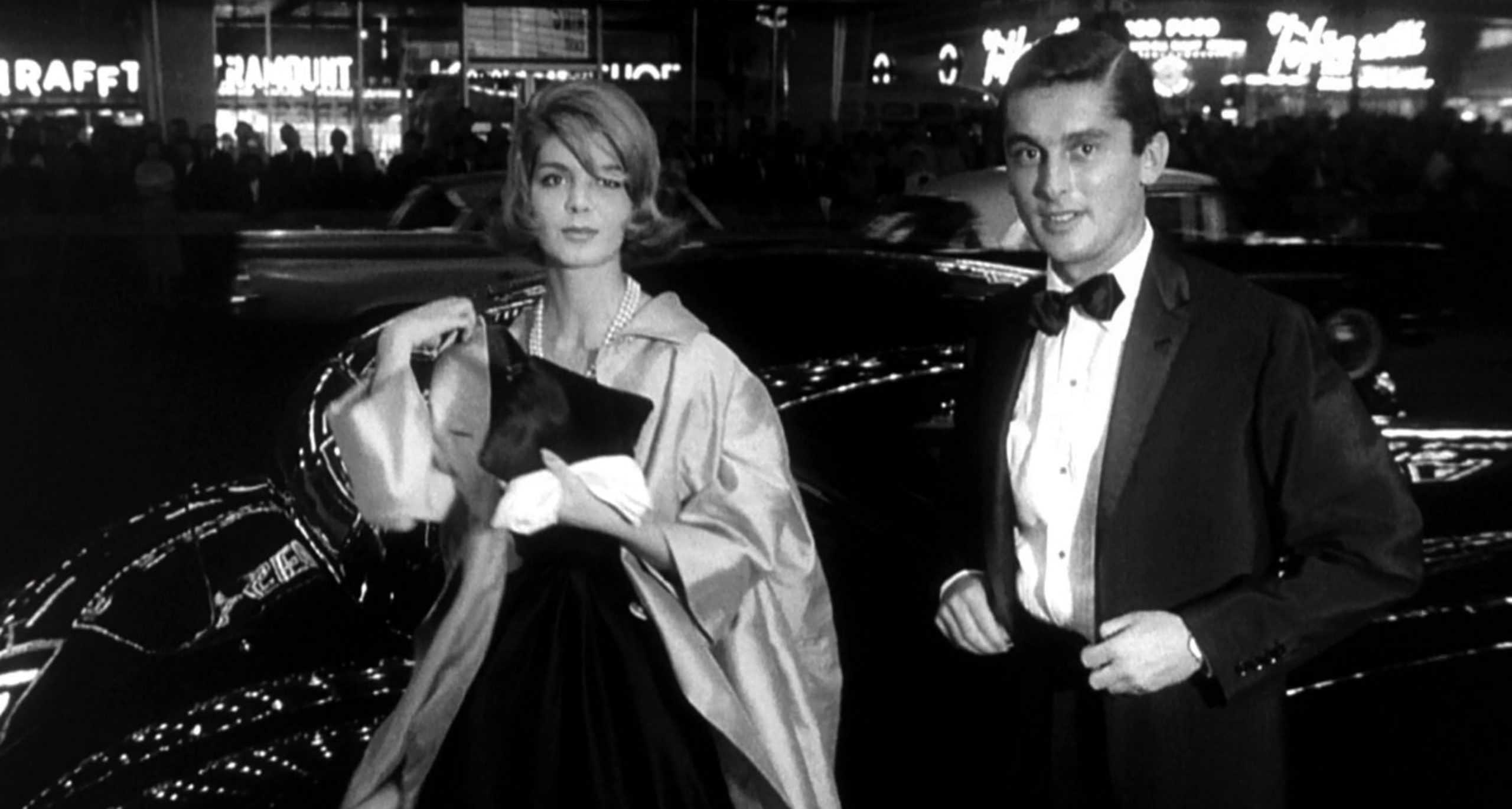
A documentary that delves deep into one of the people who made Hollywood what it is today, the film focuses on famed producer Robert Evans. Adapted from his scandalous autobiography, the film explores the self-gratification yet determination of producer Evans. In the process, it shows how he saw some of the biggest films in history to their fruition.
Functioning less as a story than a compilation of some of Hollywood’s tallest tales, “The Kid Stays in the Picture” puts Robert Evans front and center to explore his truly unique and fascinating life. It’s one of the best movies about making movies because it illustrates how living boldly is sometimes exactly what the movie industry seeks to match.
“Singin’ in the Rain” (1952)
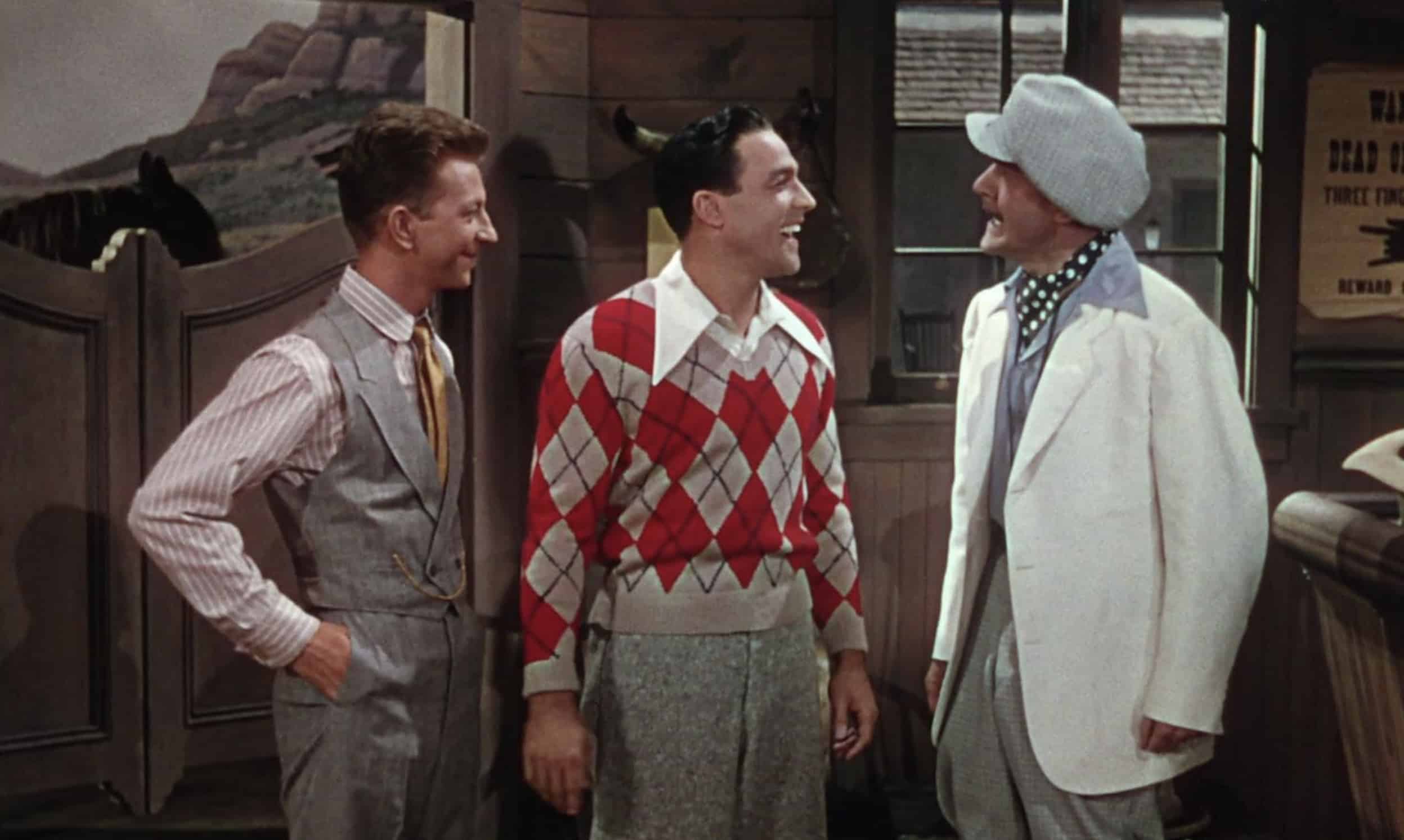
A satire of the tough transition for Hollywood between the silent movie era and sound, the film focuses on Don Lockwood and Lina Lamont. As two silent film stars, they are cast in a movie that quickly becomes a musical. Lamont realizes she is out of her depth once a chorus girl is brought in to overdub her lines and singing parts.
“Singin’ in the Rain” is one of the best movies about making films for several reasons. It’s funny, crisply directed, and features some of the best dancing ever to grace the silver screen. Beyond that, however, the film sweeps the viewer off their feet due to its rapturous, endlessly fun reimagining of a bygone era of Hollywood.
“Be Kind Rewind” (2008)
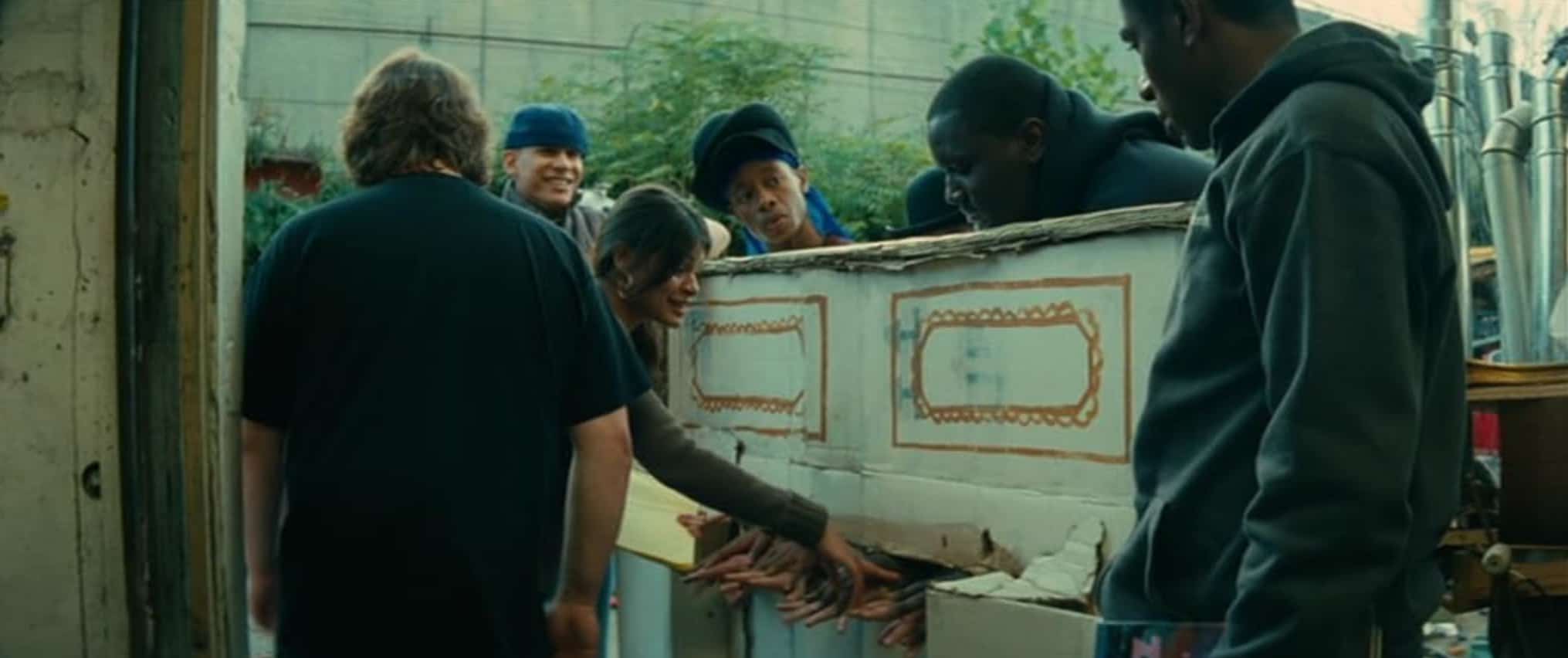
A man works at a fading movie rental store but is constantly beset by his slacker friend. When the friend accidentally erases all the movies using a giant magnet, the store is put into crisis. The friend, however, comes up with a solution: the pair will reshoot and functionally recreate each of the lost movies using their imagination.
Truly one of the most tender and best movies about movie making, “Be Kind Rewind” captures the spirit of adventure and joy that many people forget is inherent to the filmmaking process. Idiotic but good-natured, the film is one of the only ones out there that lets the audience feel what it’s like to manifest a movie through perspiration, luck, and synchronicity.
“Barton Fink” (1991)
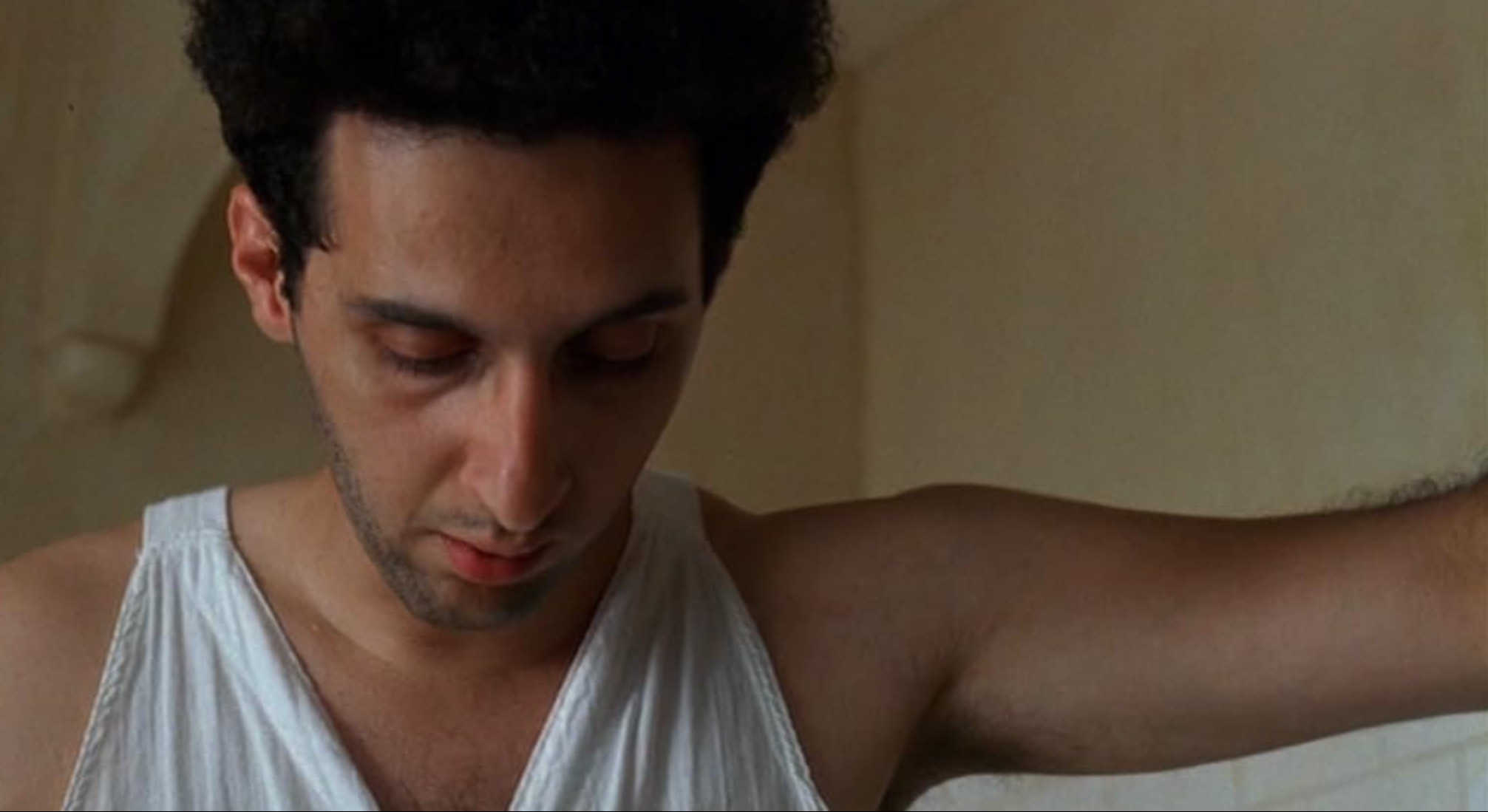
Taking place in 1941, the film follows New York playwright and intellectual Barton Fink. After accepting a chance to write a movie script, Fink finds himself overcome with writer’s block at the prospect of writing a B-movie. Though his new, yet strange neighbor tries to help, a series of increasingly strange occurrences prevent Fink from getting to work.
“Barton Fink” is one of the best pictures about movie making because it takes worn-out tropes and Hollywood cliches and transforms them into an innovative satire of the Hollywood machine. Compelled by immaculate dialogue and a heady atmosphere of paranoia, the film captures the darker side of those who aspire to the movie world.
“Bowfinger” (1999)
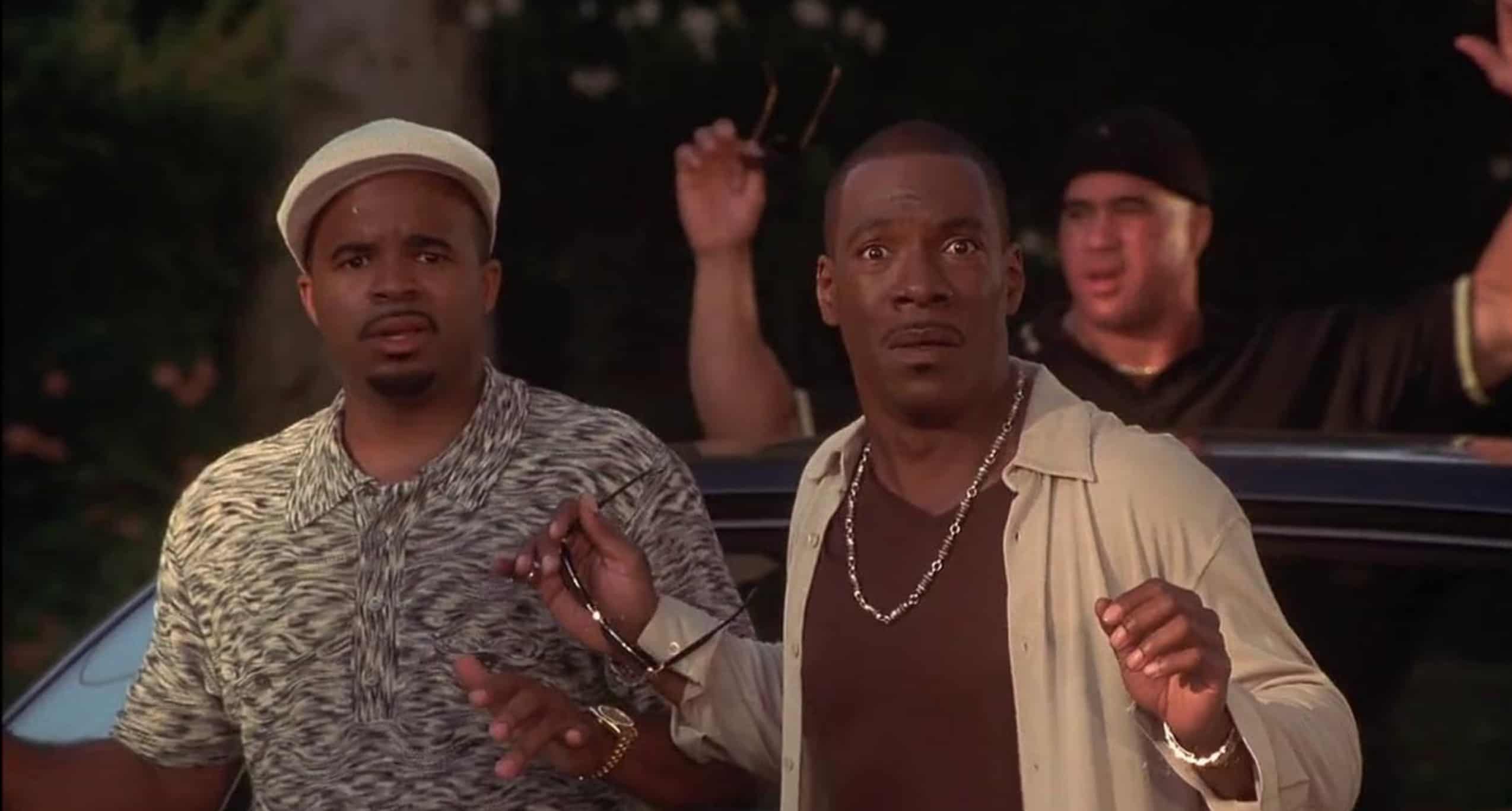
Aspiring filmmaker Bobby Bowfinger finds himself on the edge of bankruptcy. Desperate for his big break, Bowfinger concocts a ludicrous plan for a movie that will finally earn him recognition. Collecting a motley crew of film set lackeys and Hollywood has-beens, Bowfinger sets out to shoot a movie all around a big-name star without ever letting him know he’s in a movie.
Relentlessly entertaining, “Bowfinger” is one of the best movies about movie making due to its careful yet barbed criticisms of the industry. Self-referential yet accessible, the film highlights the absurdity of things like Hollywood accounting and actor exploitation without becoming too insular for a mass audience.
“American Movie” (1999)
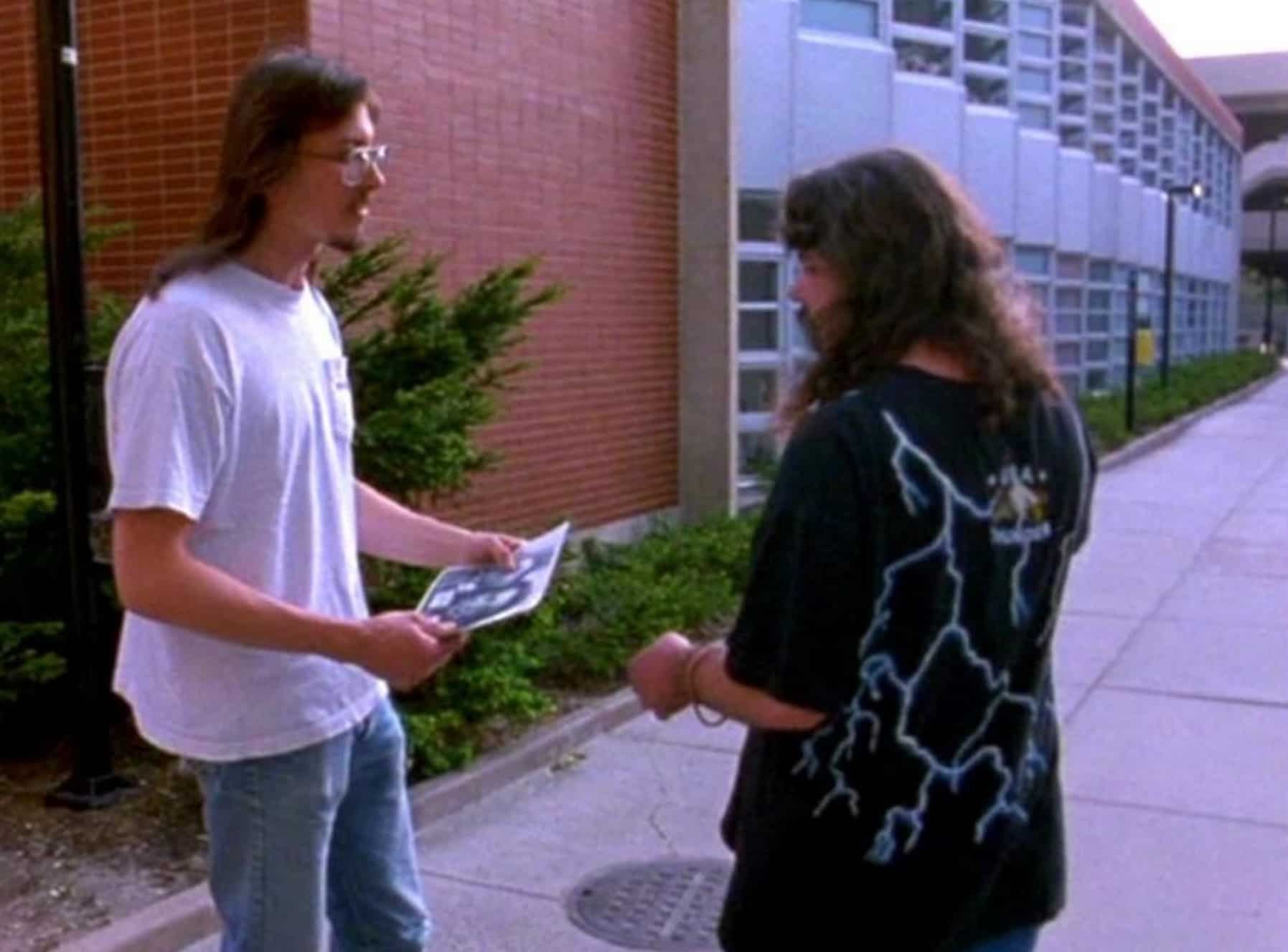
This documentary which quickly became a cult classic stars Mark Borchardt as an aspiring filmmaker desperate to get his low-budget horror picture off the ground. The process, however, is beset by difficulties like a lack of funds, flaky assistance, as well as personal problems. To combat this, Borchardt enlists his bumbling but well-meaning friend to see the project through.
In the annals of filmmaking, nothing comes close to capturing the mundane glory of “American Movie.” By taking an oft-overlooked aspect of the industry, the nobody, it gets to the essence of film and the creative process. It’s hilarious, yet sweet, and a must-see for anyone aspiring to get their project on the silver screen.
“Tropic Thunder” (2008)
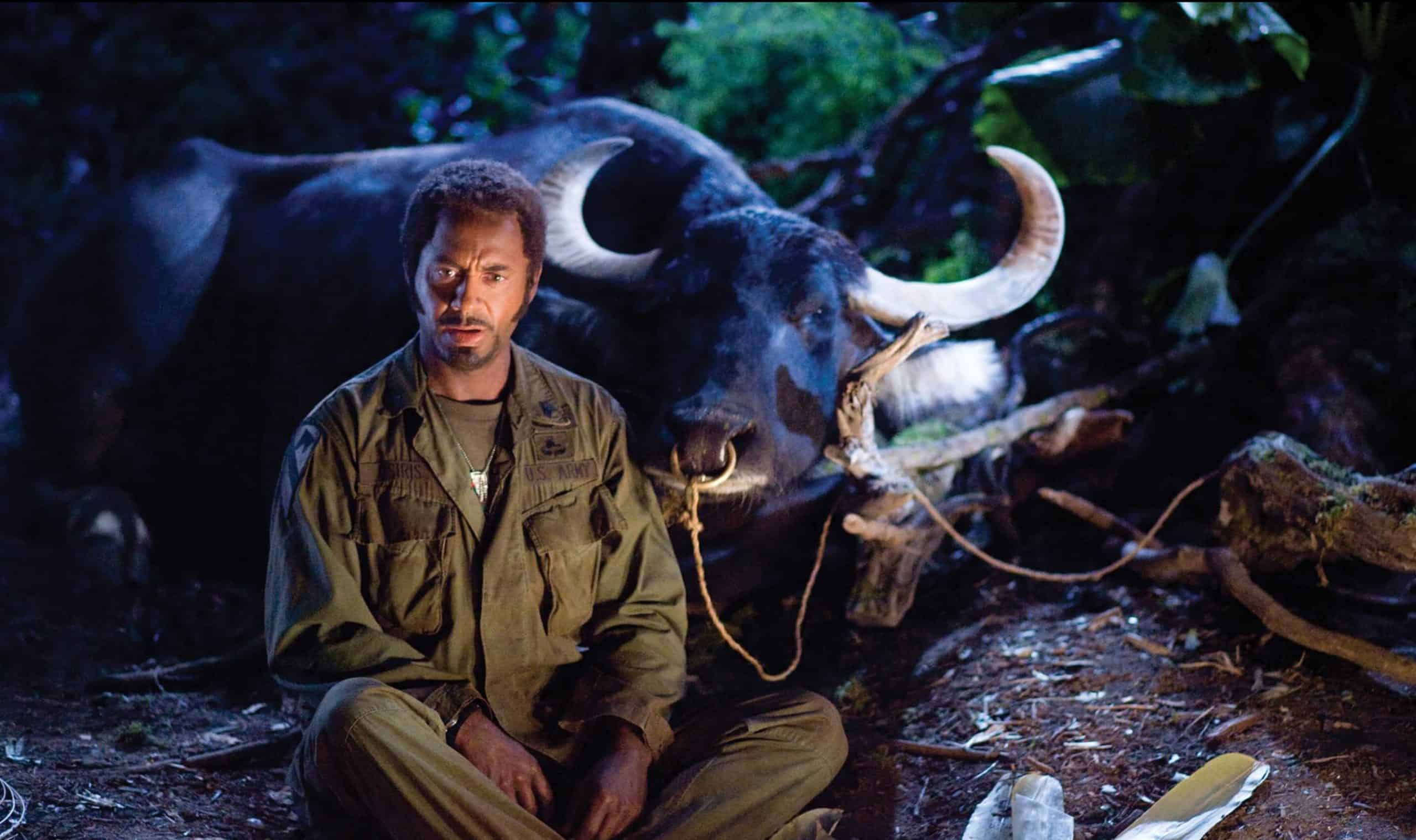
The film industry centers itself in Southeast Asia to create the most expensive war movie ever produced. Cast in the film are aging action star Tugg Speedman, elite method actor Kirk Lazarus, and relentlessly addicted to heroin gross-out comedy star, Jeff Portnoy. Desperate to make the film authentic, the director kills himself in the process and plants the cast firmly in dangerous waters.
It’s unlikely that anything like Tropic Thunder could be made today. It’s vulgar, lewd, and offensive, yet it walks the line between irony and sincerity with depth. Though it’s a satirical look at the big-star vehicle summer blockbuster, it captures something about the art of acting and filmmaking in the process. (For other films unlikely to be greenlit in the modern world, discover movies that will be considered too offensive to be released now.)
“Wag the Dog” (1997)
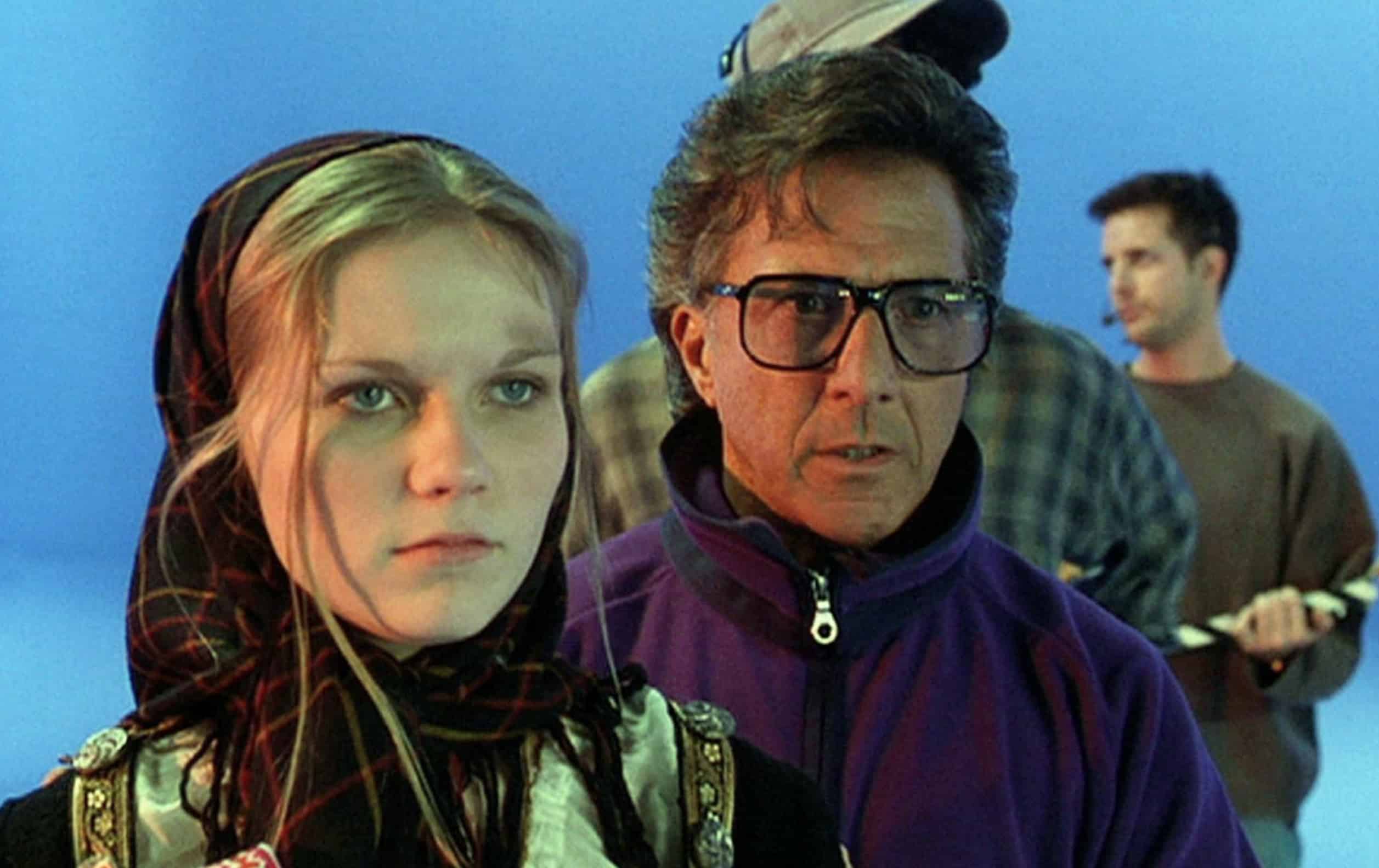
Just before his reelection, the president finds himself knee-deep in a sex scandal. To quell the increasingly alarming situation, his adviser enlists a veteran spin doctor who decides public distraction is the only solution. In turn, he enlists a Hollywood producer to concoct a war story that keeps the public’s eyes away from the lurid scandal.
A smart, biting satire of the media engine that crafts the narratives of the modern world, “Wag the Dog” gives a delightfully cynical look at the filmmaking industry. Through its assessment of the lack of morality in both Hollywood and politics, the film expertly satirizes where these two aspects of society form an unholy union.
“The Purple Rose of Cairo” (1985)
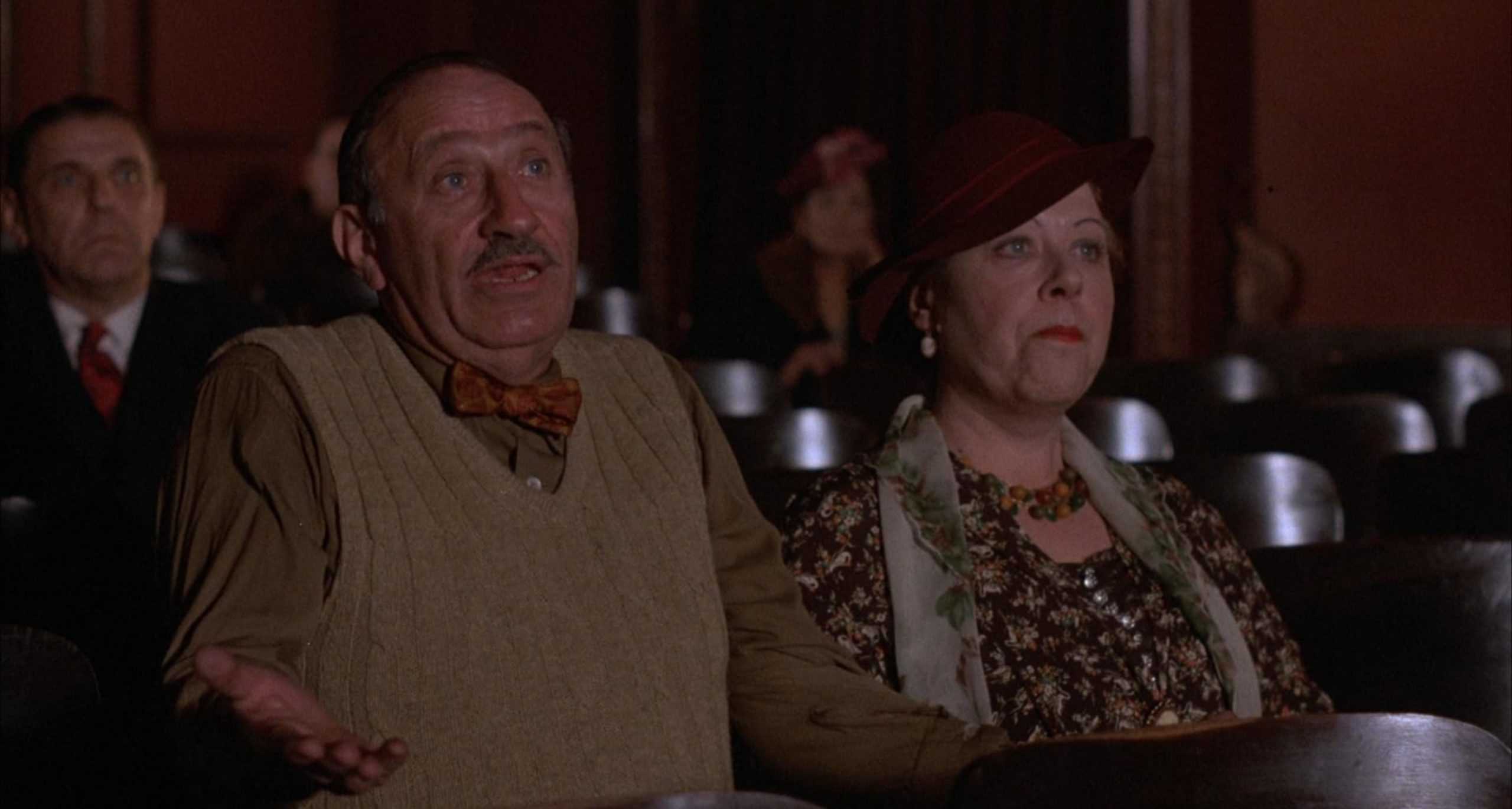
Cecilia is a depressed waitress who turns all her earned money over to her husband who proceeds to blow it all drinking and gambling. Unhappy with her life, she retreats to the cinema where she becomes fascinated by the lead character in a film called “The Purple Rose of Cairo.” She finds herself thrown into chaos, however, when the character steps out of the screen and into her life.
One of the lesser-known Woody Allen films, “The Purple Rose of Cairo” is a sweet yet multidimensional meditation on the role films play in people’s stories. Though an entertaining movie, the film also captures something poignant about fantasy, reality, and the impact films can have on forgotten lives.
“Inland Empire” (2006)
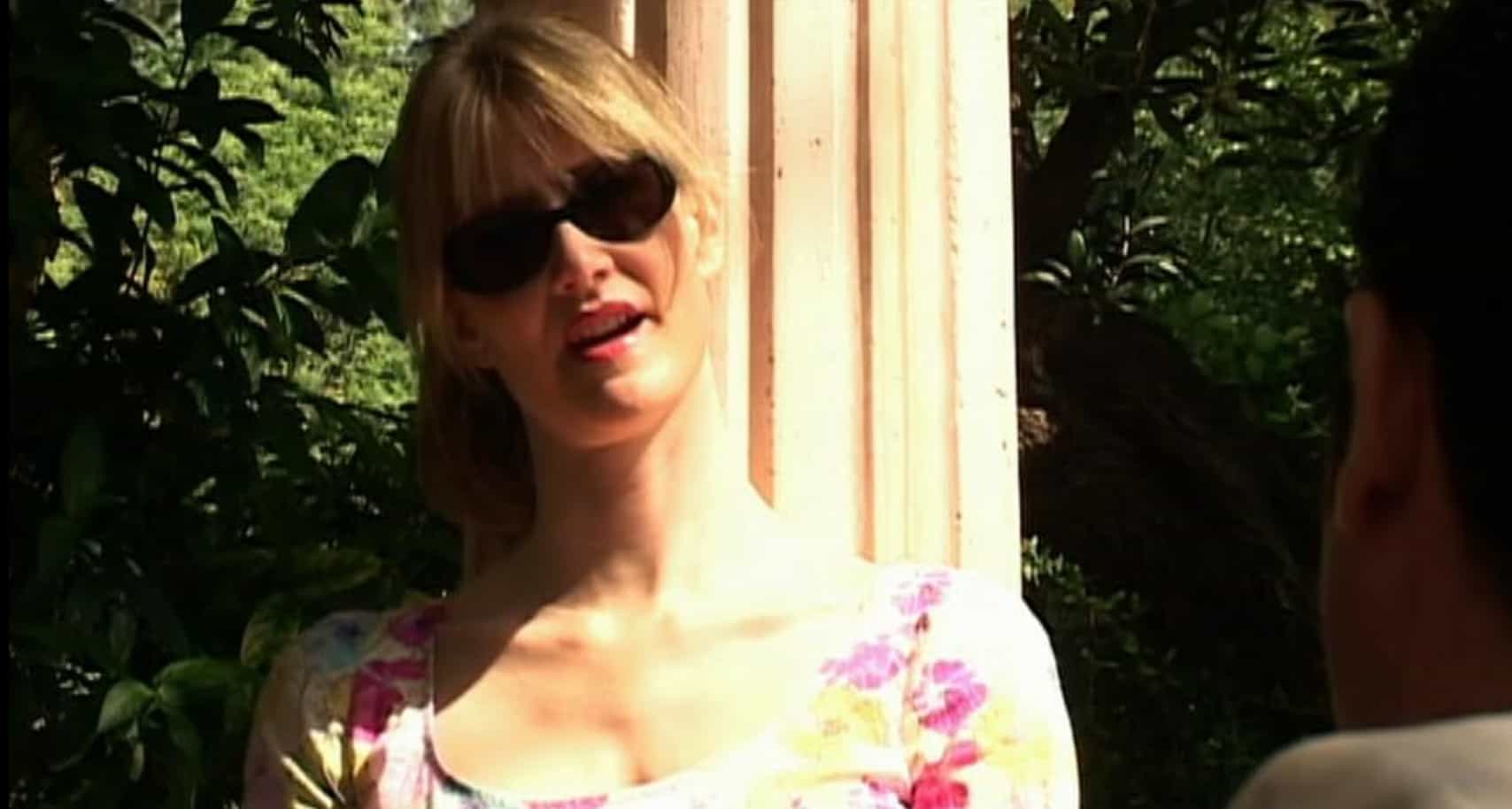
Actress Nikki accepts a new role in an upcoming film. Her co-star, however, is cast to play out an affair between the characters. This gets him a warning from Nikki’s very jealous husband. In the process of making the film, the stars find out it is a remake of a film where both the actors were murdered.
Like much of David Lynch’s oeuvre, “Inland Empire” demands the audience approach the film through its dream-like narrative and logic. Though overwrought if not pretentious at times, ultimately the film uses time-loops and convention-defying sequences to illustrate an esoteric look at the Hollywood machine.
“Cinema Paradiso” (1988)
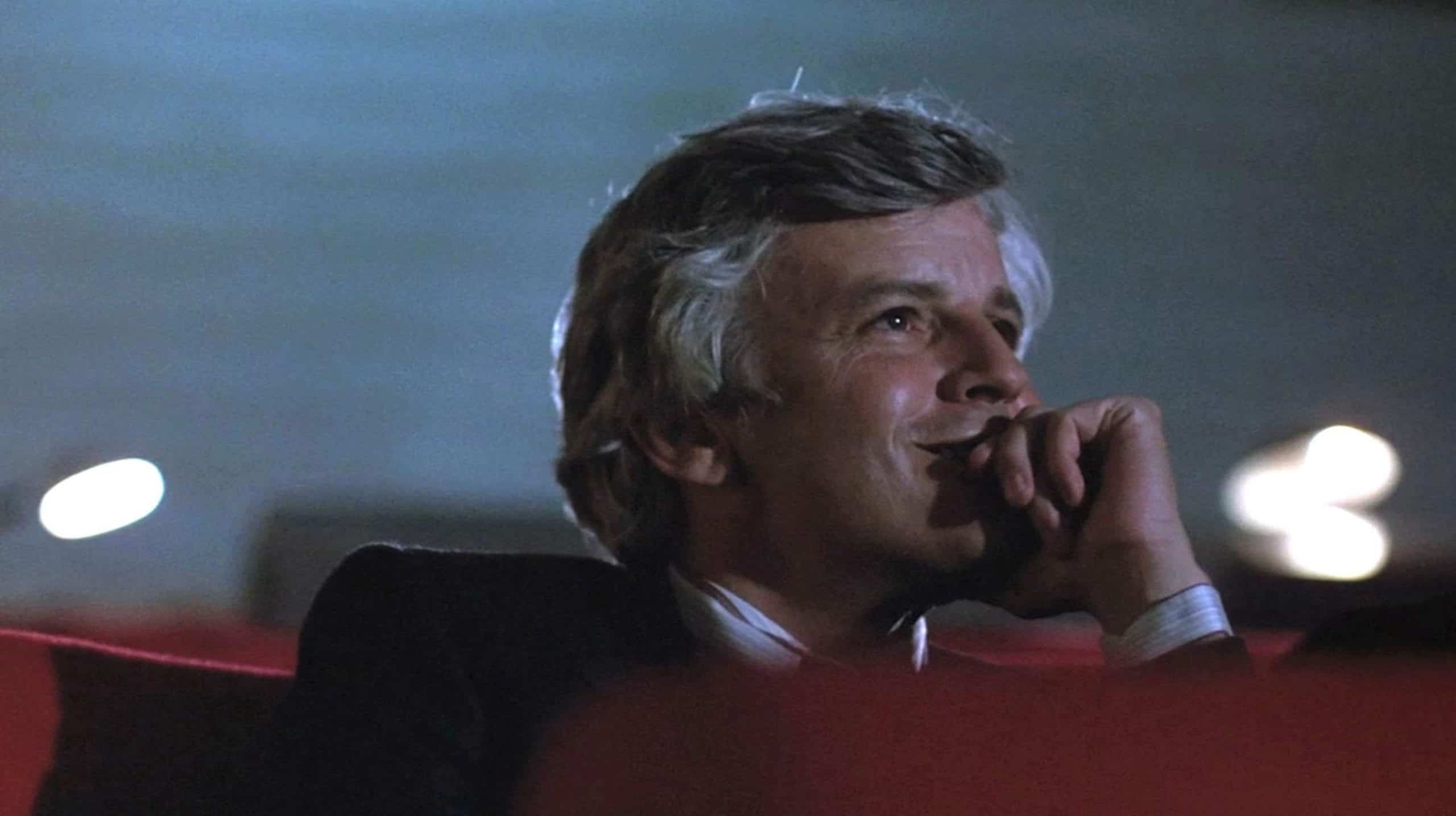
Beset by the struggles of war-torn Sicily, Salvatore Di Vita finds his escape at the cinema with a projectionist that cultivates in him a deep love of films. Upon entering adulthood, Di Vita marries and takes over his old mentor’s job as the projectionist. Meanwhile, his former mentor seeks to catalyze Di Vita to leave the cinema behind and pursue his filmmaking career.
A true testament to cinema, “Cinema Paradiso” explores a true love of filmmaking through the eyes of a young aspirant. What makes this film so great is it gets to the heart of the storytelling inherent in all cinema. Without irony or cynicism, it acts as a love letter to the silver screen.
“Son of Rambow” (2007)
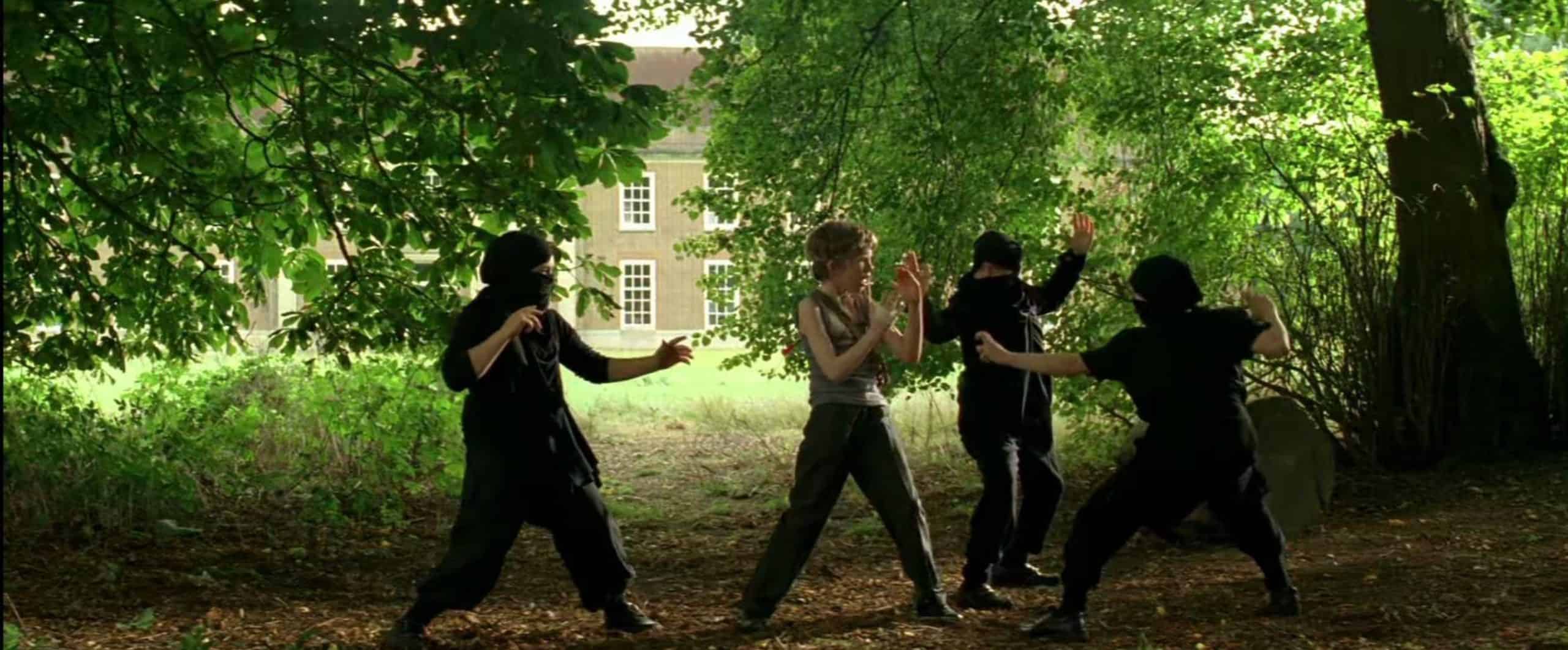
In 1980s England, Will and Lee are two schoolboys who meet by chance in a hallway. Though they couldn’t be more different from each other, Lee asks Will to help him create a homemade action film. Will, repressed by his deeply religious upbringing, jumps at the chance to make a Rambo-inspired picture.
Though it’s probably the type of film to appeal to already established filmmakers, something is fascinating about “Son of Rambow.” Functioning as both a coming-of-age and rite-of-passage type narrative, the film illustrates the limitlessness of childhood imagination.
“Man Bites Dog” (1992)
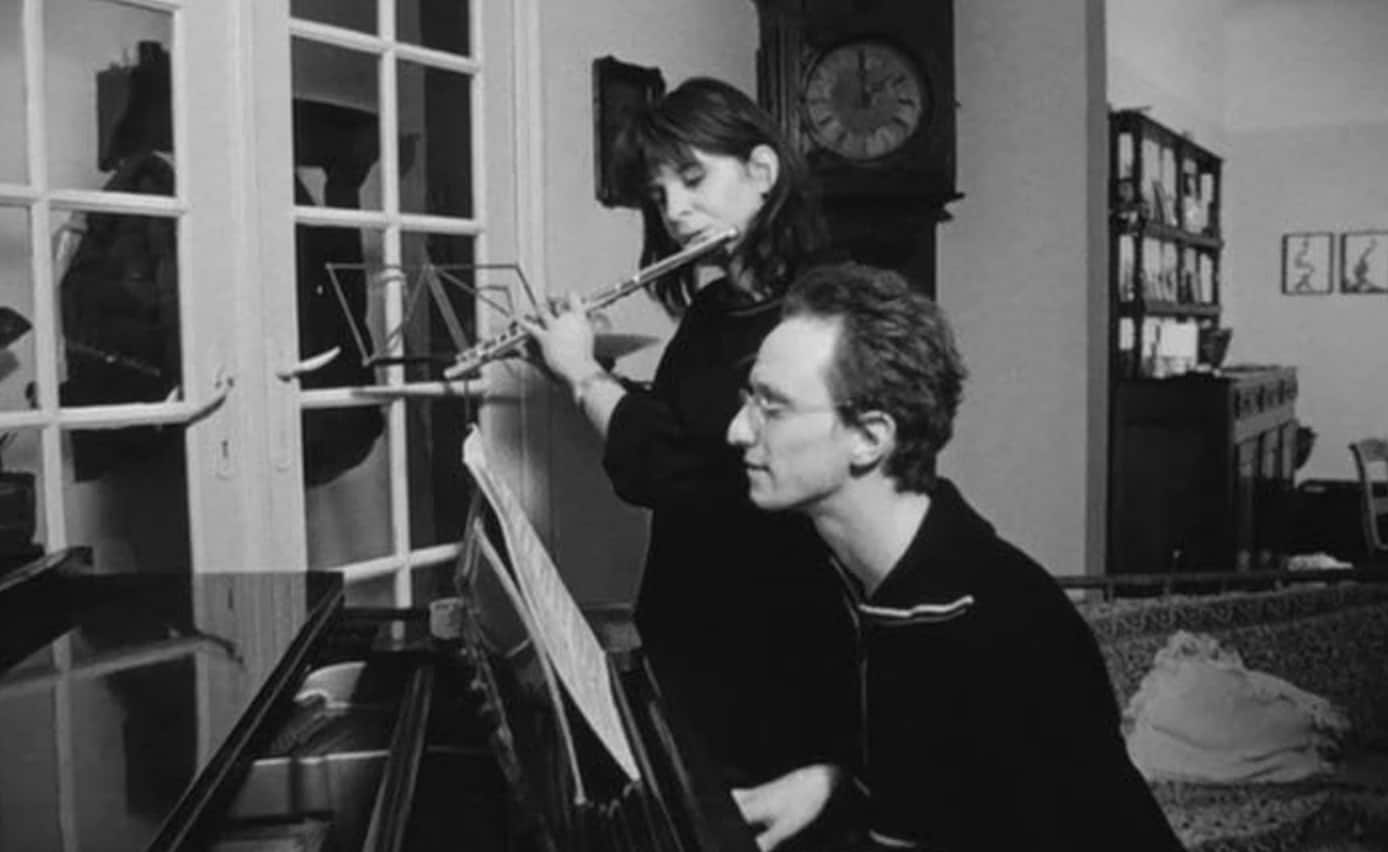
Desperate for an authentic film, a movie crew follows burgeoning serial killer Ben as he undergoes his murderous romps and musings on life and society. As they become increasingly tangled in Ben’s dysfunctional life, the crew soon find themselves completely over their heads.
This French film is one of the better satires ever made of both the film industry and the morality of society writ large. Superficially it seems stark, but the deeper one explores “Man Bites Dog” the more one finds about the nature of morality, the complicity of the media in evil, and the opportunists willing to facilitate it all.
“Hearts of Darkness: A Filmmaker’s Apocalypse” (1991)
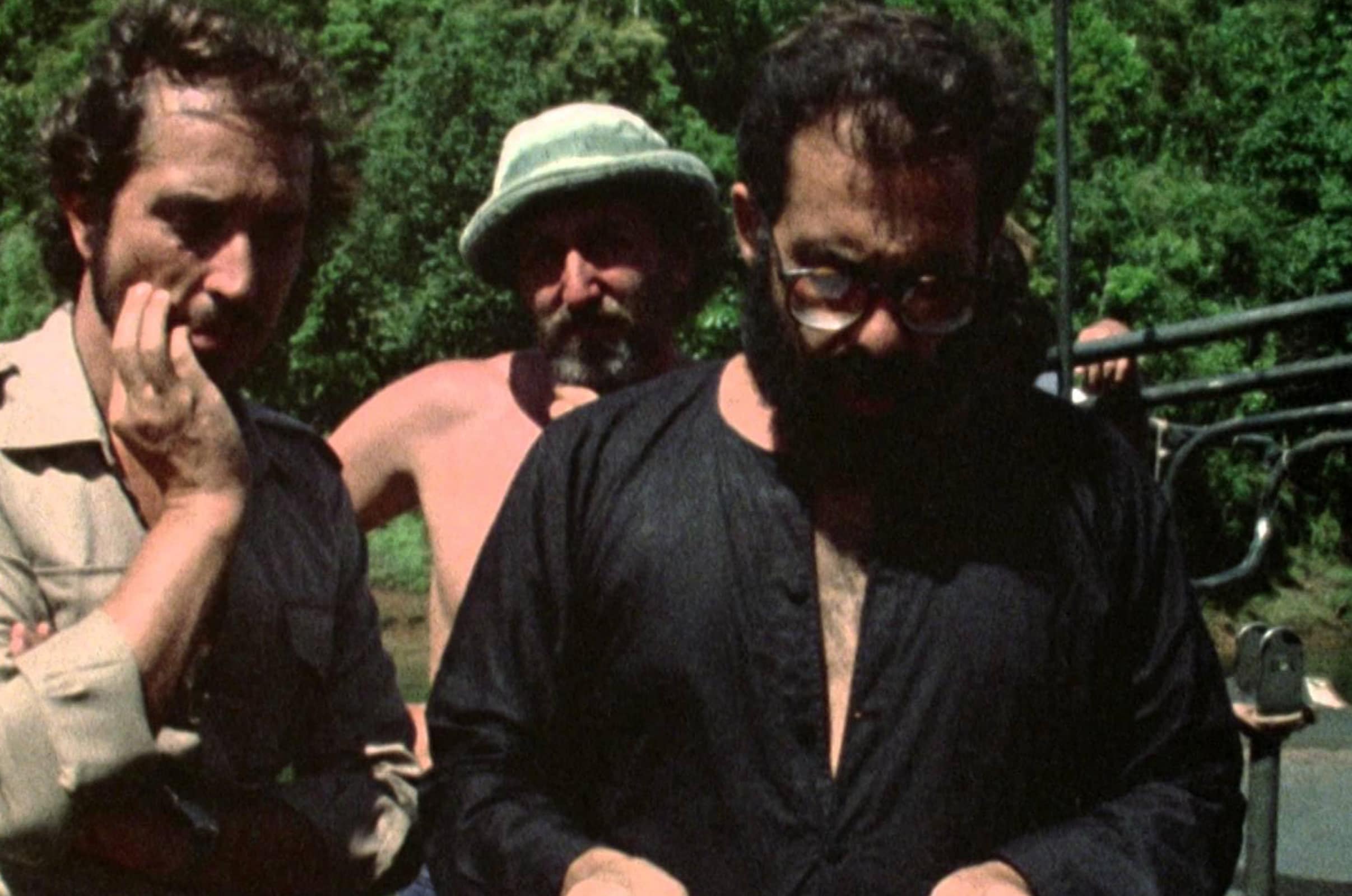
Its the early 1970s, and soon-to-be iconoclast filmmaker Francis Ford Coppola undergoes the most trying and deadly project of his career: adapting Joseph Conrad’s classic novel “The Heart of Darkness” to the screen. From the outset, however, the set is beset by so many problems it seems cursed, and Coppola as well as the cast almost lose their minds and lives in the process.
A truly unique piece of filmmaking, “Heart of Darkness: A Filmmaker’s Apocalypse” was made possible by the relentless filming of the set of “Apocalypse Now” by Coppola’s wife Eleanor. A true exploration of the tortured artist, the film is a maddening yet magical look at the lengths few will go to see their art come to fruition. (For films that will linger in your brain for a long time, discover 15 movies that will haunt your dreams.)